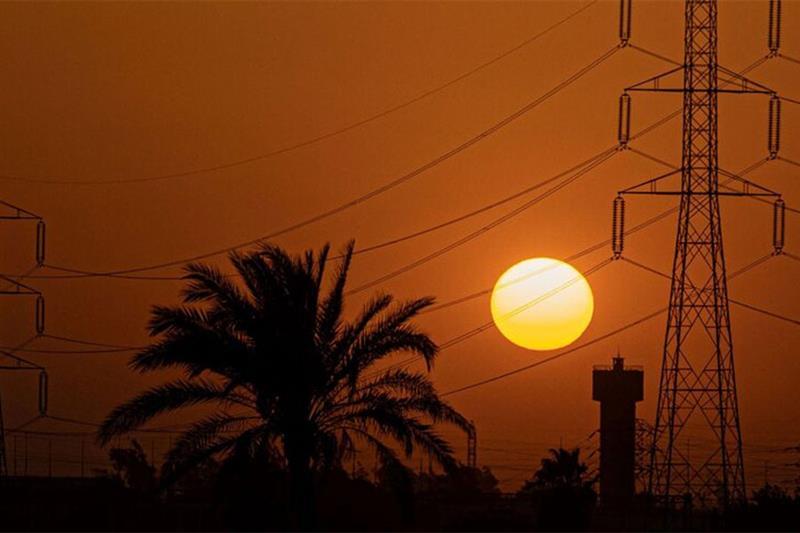Prime Minister Mostafa Madbouly announced that load-shedding cuts, wherein power was outed throughout specific intervals to lower the load on the power grid, will stop starting Sunday, 21 July, and continue until mid-September. This move signals the end of load-shedding schedules, as revealed during a press conference on Wednesday following the cabinet’s weekly meeting.
Madbouly clarified that while the load-shedding plan will be halted, some areas in the country might still experience outages due to technical issues. He explained that high temperatures could cause transformers to fail, leading to electricity cuts of two to three hours in affected areas. The government, he assured, will promptly address and resolve any such issues.
He further stated that the electricity crisis is expected to be fully resolved by the end of the year, with a comprehensive plan in place to prevent power outages next summer. Recent daily consumption rates have exceeded 37.5 gigawatts, a 12 percent increase from the previous year. To address this surge, the government aims to add 4 gigawatts to the electricity grid.
In June, power cuts were extended to three hours per day nationwide due to a severe heatwave, and in July 2023, Egypt implemented a load-shedding program with rolling two-hour power cuts across neighborhoods. To manage the increased electricity consumption, the government has started an emergency plan to import large quantities of mazut and natural gas.
Additionally, commercial shops have been instructed to close by 10 pm, while pharmacies, supermarkets, and restaurants can operate until 1 am to conserve electricity.





















Discussion about this post